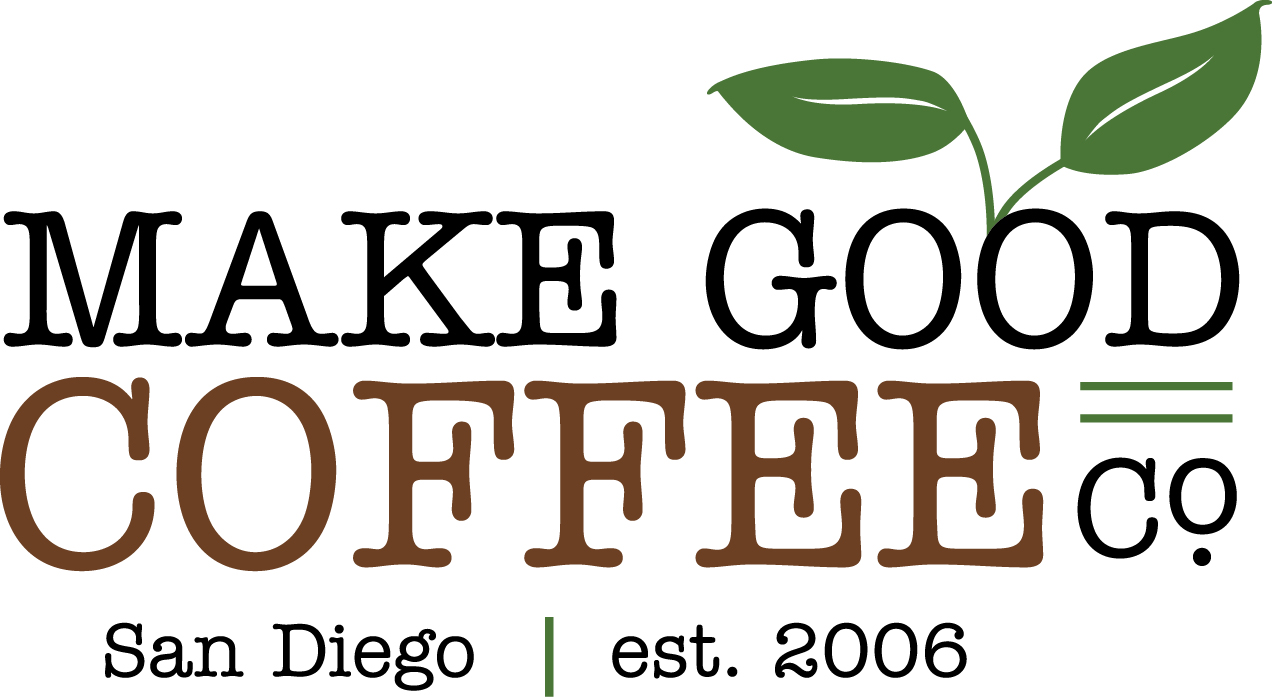Arabica vs. Robusta for Dummies
 Question: "When did McDonald's stop using Columbian coffee and switch to Arabic beans?" - anonymousArabica coffee is often confused with Arabia. If you go back far enough, the original tree of this species did originate in Yemen but has since found ideal growing conditions across the "coffee belt" that is the Equator. There are predominantly two species of coffee tree, Arabica and Robusta. When a company boasts of serving 100% Arabica coffee, they aren't making reference to coffee from the Arabic world, but to this species of coffee. [ad#Google Adsense - use me]While Arabica coffee does contain less caffeine, it is recognized as superior coffee. As a rule of thumb, when you find a roaster you trust, they don't generally need to tell you that their coffee is 100% Arabica, it just is. When a company boasts of serving 100% Arabica, it more than likely is but I would question the place where you're buying it, that this claim even needs to be made. When you don't know enough about where you're buying your coffee and they don't make this claim, you may very well be getting Robusta coffee.
Question: "When did McDonald's stop using Columbian coffee and switch to Arabic beans?" - anonymousArabica coffee is often confused with Arabia. If you go back far enough, the original tree of this species did originate in Yemen but has since found ideal growing conditions across the "coffee belt" that is the Equator. There are predominantly two species of coffee tree, Arabica and Robusta. When a company boasts of serving 100% Arabica coffee, they aren't making reference to coffee from the Arabic world, but to this species of coffee. [ad#Google Adsense - use me]While Arabica coffee does contain less caffeine, it is recognized as superior coffee. As a rule of thumb, when you find a roaster you trust, they don't generally need to tell you that their coffee is 100% Arabica, it just is. When a company boasts of serving 100% Arabica, it more than likely is but I would question the place where you're buying it, that this claim even needs to be made. When you don't know enough about where you're buying your coffee and they don't make this claim, you may very well be getting Robusta coffee.
- Read: Coffees of Ecuador - When friends returned recently from Ecuador with coffee they had bought from a local vendor, I noticed that the packaging didn't specify the species of coffee. I made the assumption in that case that it must be Robusta, until I researched where the coffee was grown and learned that coffee grown in that part of Ecuador is indeed Arabica.
 Arabica's red-headed stepbrother is the species known as Robusta, not generally sought after in terms of coffee quality. It contains more caffeine. When I first heard this, I felt like that would make it superior, but don't be fooled. If coffee helps you stay alert and concentrate, you're getting enough caffeine from Arabica coffee. When you buy a cup of coffee at 7-Eleven and they refer to "Truckers' Blend" or some other "super-caffeine" coffee, it is likely Robusta. Robusta is cheaper to produce. For that reason, it is the coffee generally used in instant coffees and anywhere else where "filler" is used. It's a larger discussion to get into, but when Vietnam received international aid to prop up its economy, it got into coffee. Its growing conditions are ideal, but it grows primarily Robusta coffee and so much of it, that it is now the #2 producer in the world after Brazil. One of the unfortunate consequences has been a flooding of the global coffee supply with this cheap grade of coffee, driving down prices for everybody, even those growing the finer coffees that we drink.If you've found a local roaster you trust, they are probably selling you Arabica coffee (not to be confused by Arabia, except in origin). If you're not sure, ask. You will find Arabica to be a higher-quality, better-tasting coffee.
Arabica's red-headed stepbrother is the species known as Robusta, not generally sought after in terms of coffee quality. It contains more caffeine. When I first heard this, I felt like that would make it superior, but don't be fooled. If coffee helps you stay alert and concentrate, you're getting enough caffeine from Arabica coffee. When you buy a cup of coffee at 7-Eleven and they refer to "Truckers' Blend" or some other "super-caffeine" coffee, it is likely Robusta. Robusta is cheaper to produce. For that reason, it is the coffee generally used in instant coffees and anywhere else where "filler" is used. It's a larger discussion to get into, but when Vietnam received international aid to prop up its economy, it got into coffee. Its growing conditions are ideal, but it grows primarily Robusta coffee and so much of it, that it is now the #2 producer in the world after Brazil. One of the unfortunate consequences has been a flooding of the global coffee supply with this cheap grade of coffee, driving down prices for everybody, even those growing the finer coffees that we drink.If you've found a local roaster you trust, they are probably selling you Arabica coffee (not to be confused by Arabia, except in origin). If you're not sure, ask. You will find Arabica to be a higher-quality, better-tasting coffee.
